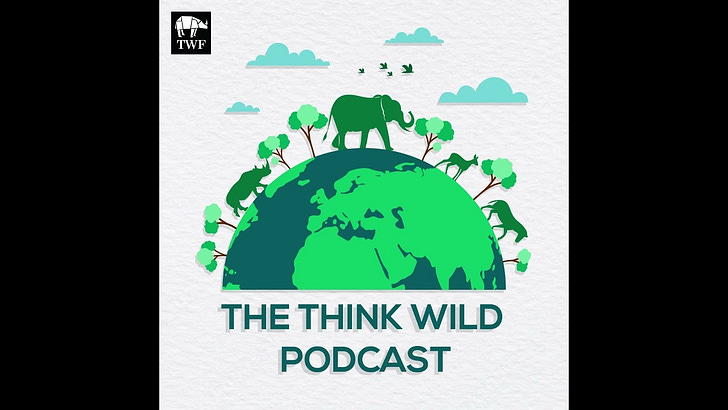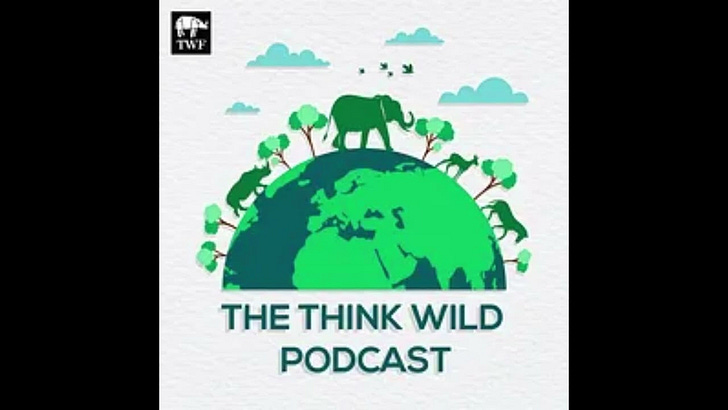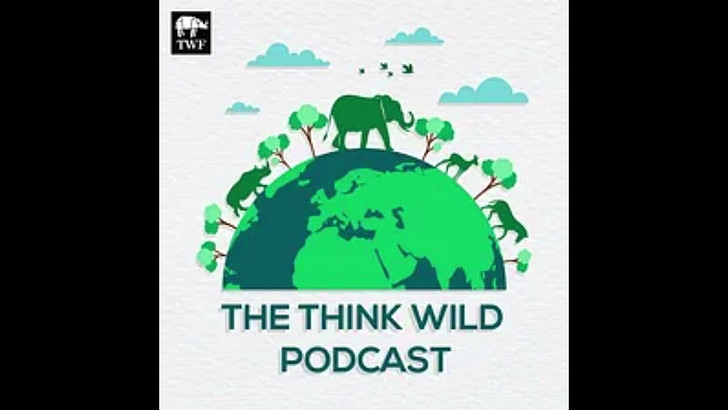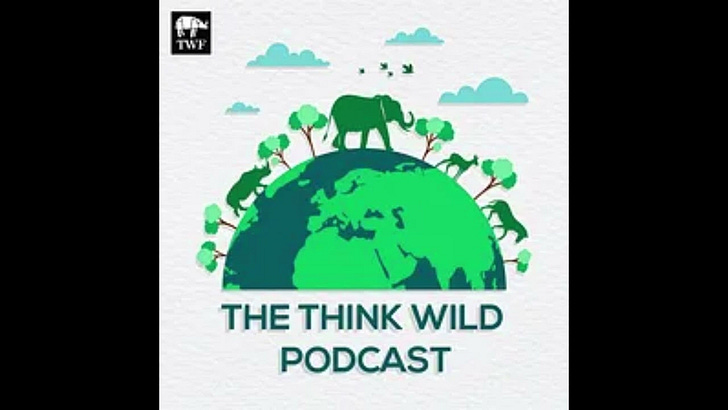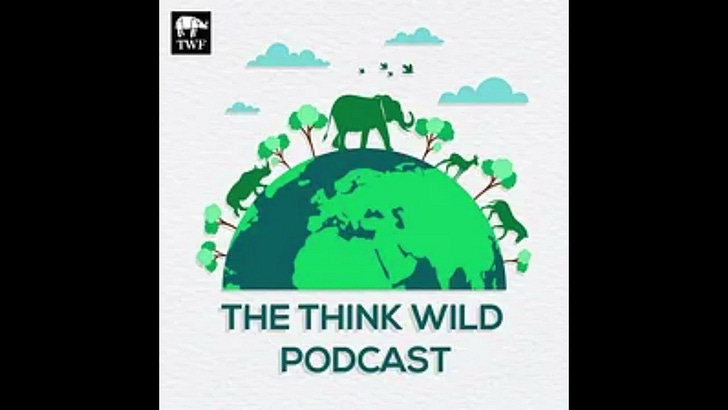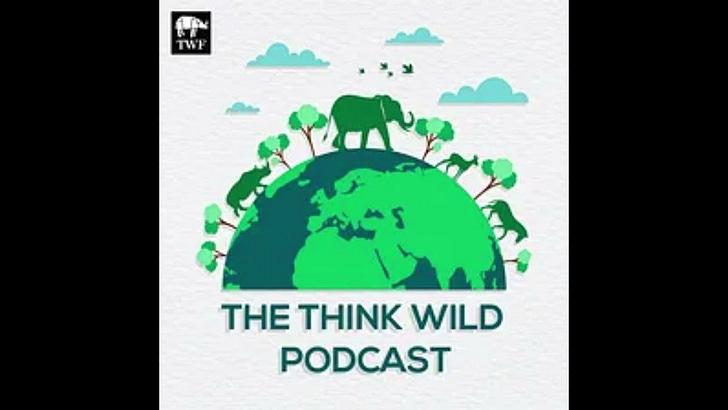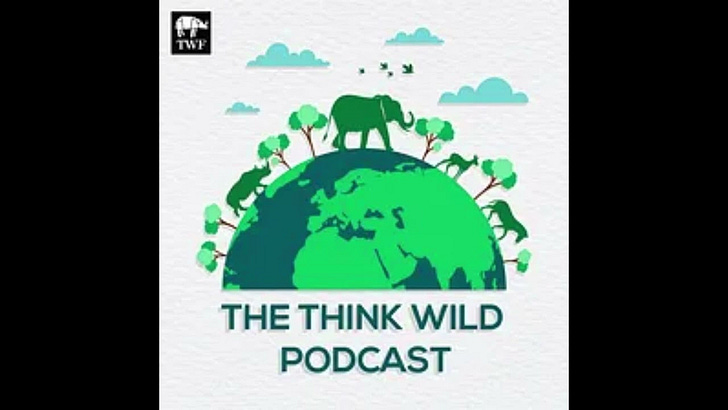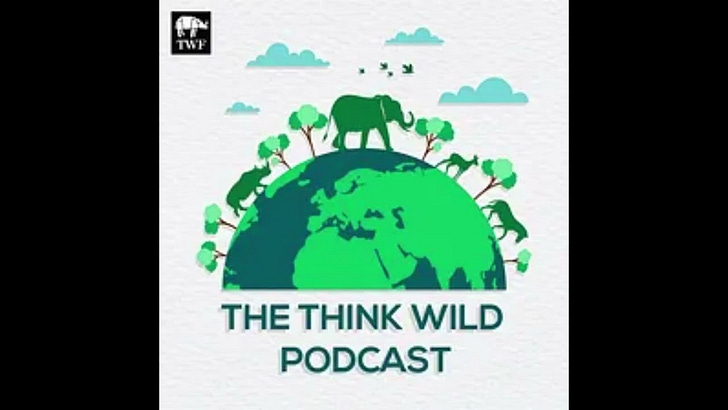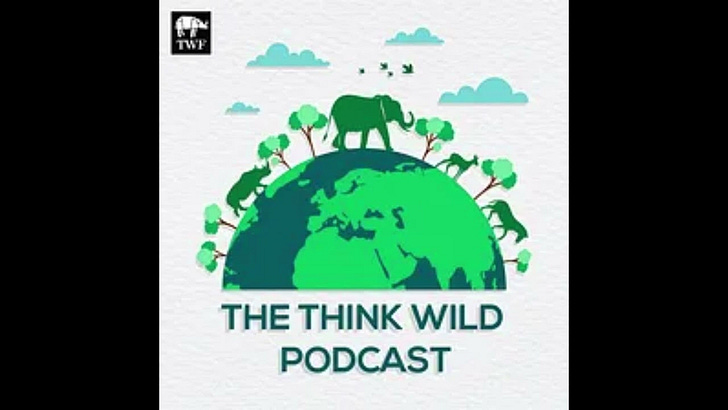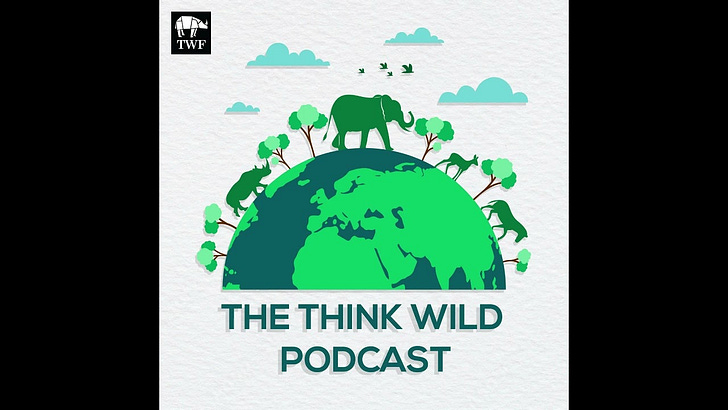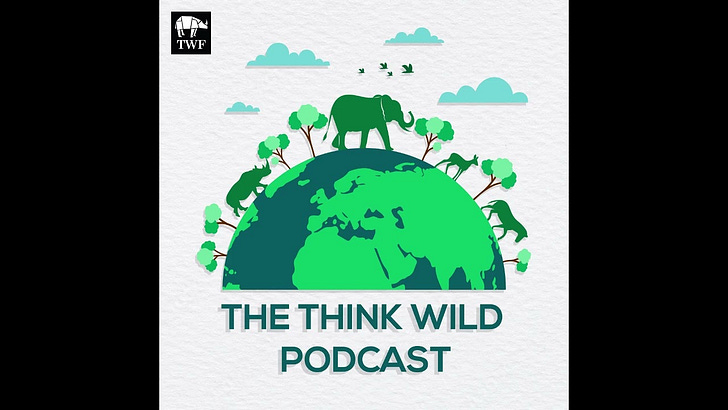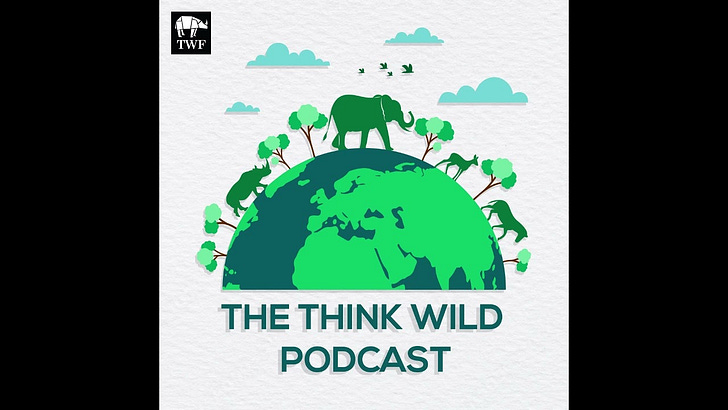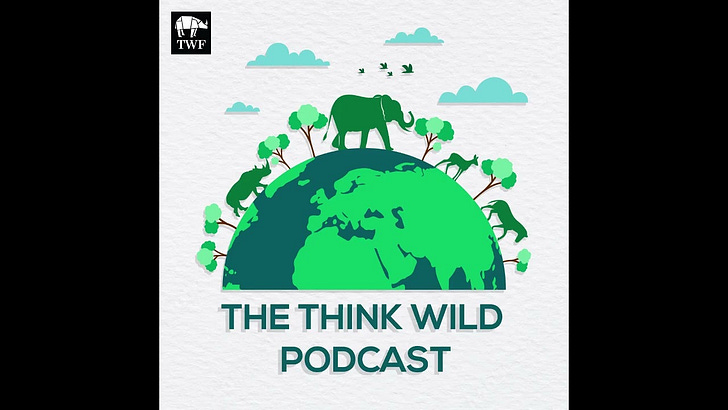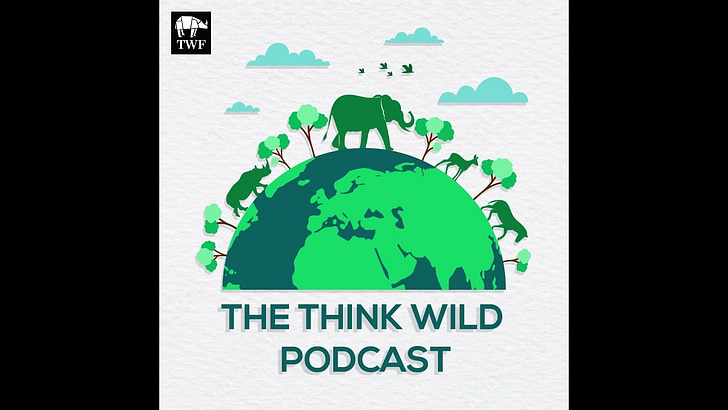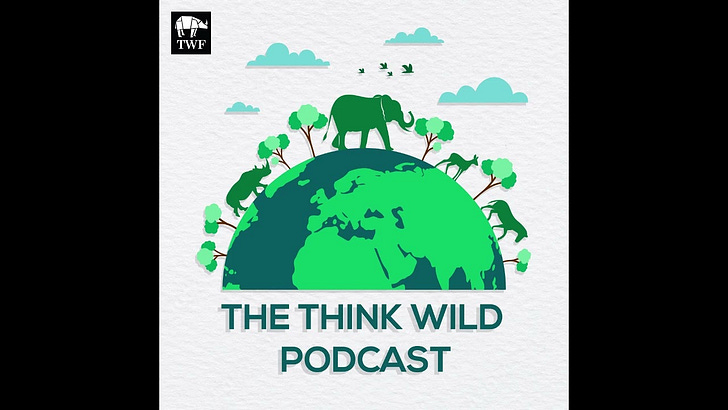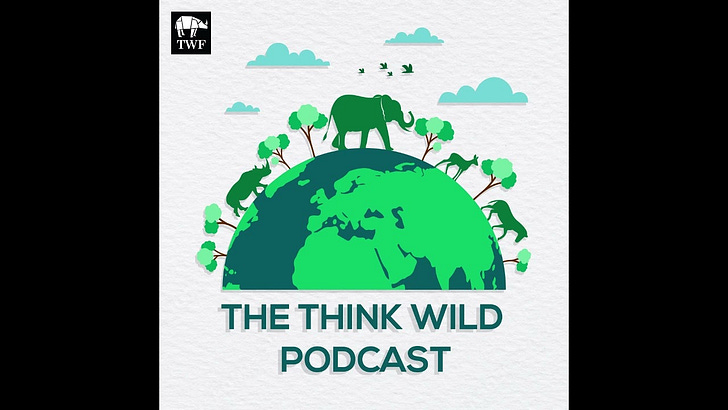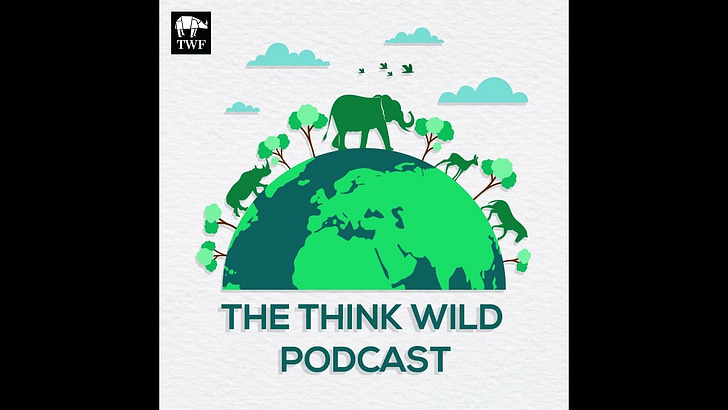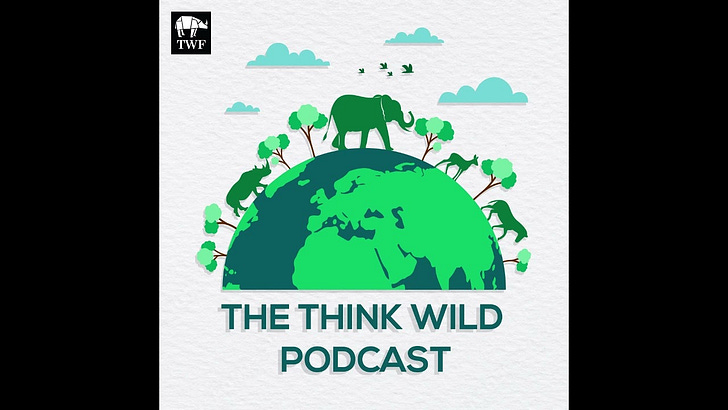S3|EP37 - Rewilding Africa: Restoring Biodiversity Through Community-Led Conservation | James Arnott
Description
What does rewilding mean in an African context? How can biodiversity conservation and community-led conservation go hand in hand to restore the African wilderness? In this episode of the Think Wildlife Podcast, we explore these questions with James Arnott, co-founder of Rewilding Africa, a leading non-profit working to advance rewilding, restoration ecology, and wildlife conservation across the African continent.
James Arnott shares his journey from a background in corporate marketing and property development to leading one of Africa’s most visionary initiatives for rewilding Africa. Along with Grant Fowlds—conservationist and bestselling author of Rewilding Africa and Saving the Last Rhinos—James is building a continent-wide network of community conservancies to regenerate ecosystems, protect African wildlife, and uplift local communities through a robust conservation economy.
The conversation begins with a look at the global rewilding movement and how it compares to efforts in Africa. While rewilding has gained significant traction in Europe and the Americas, James highlights the added complexity of applying these methods in Africa, where conservation must be integrated with large-scale community development. In regions where local populations rely heavily on natural resources, rewilding must be linked directly to the creation of sustainable livelihoods to be effective.
James explains how community conservancies, a model originally developed in Kenya and Namibia, offer a scalable and inclusive framework for rewilding in Africa. By creating protected areas that are co-managed by local communities, these conservancies promote wildlife protection, biodiversity conservation, and economic empowerment. Rewilding Africa’s long-term vision is to develop community conservancies on land surrounding every national park in Africa, ensuring that local people are central to biodiversity management.
Rewilding Africa operates on a three-phase model: planning, development, and management. This approach draws on James’s background in property development and emphasizes the importance of master land use planning as a foundation for conservation success. However, as James notes, funding for such planning remains one of the organization’s greatest challenges.
The discussion then turns to the conservation economy. James describes this as the outcome of successful community conservancies—where tourism, agriculture, renewable energy, and other land uses generate sustainable employment and investment for local populations. Unlike Africa’s dominant extractive industries, a conservation economy supports long-term environmental stewardship.
James shares examples of projects that Rewilding Africa is supporting, including the Laziba Wildlife Reserve in KwaZulu-Natal, South Africa. Laziba, the organization's flagship pilot, includes a Big Five game reserve at its core and offers potential for game farming, ecotourism, and regenerative agriculture. James also discusses partnerships in Kenya and Zambia, where Rewilding Africa is helping develop master land use plans for high-impact community conservancies.
Listeners are also introduced to Rewilding Africa Adventures, a hands-on program that invites funders, students, and conservation enthusiasts to experience the realities of rewilding in the field. Through guided visits and community interactions, participants gain an understanding of the challenges facing wilderness areas, from poaching and deforestation to poverty and lack of opportunity.
James outlines how individuals and organizations can support rewilding Africa. One way is through membership, which starts at just £1 per month and helps fund master planning and fieldwork. Another is by becoming an ambassador, promoting rewilding efforts within one’s country, business network, or community. These ambassadors play a key role in spreading awareness and raising resources for biodiversity protection and wildlife conservation.
Reflecting on challenges, James identifies the lack of funding for master land use planning and the need to find and train capable on-the-ground partners as major hurdles. Yet he also emphasizes a broader shift in conservation philosophy. The focus, he argues, must move from protecting animals in isolation to empowering people to be the custodians of their landscapes. When local communities are given the tools and incentives to conserve their environment, true and lasting rewilding becomes possible.
He closes by sharing some of his most memorable moments around the campfire with indigenous communities and his hope that Rewilding Africa will one day help establish a network of thriving community conservancies across the continent.
Books discussed in this episode include Rewilding Africa and Saving the Last Rhinos by Grant Fowlds, both of which offer vivid narratives about wildlife protection and community conservation efforts in Africa.
Visit rewildingafrica.org.uk to learn more, become a member, or join the movement.
If you care about African wildlife, wilderness restoration, biodiversity protection, and community-led conservation, this episode is for you.
#Africa #AfricaWildlife #Rewilding #RewildingAfrica #Restoration #RestorationEcology #WildlifeConservation #BiodiversityConservation #Biodiversity #BiodiversityManagement #BiodiversityProtection #Wildlife #WildlifeEcology #WildlifeProtection #Conservation #ConservationBiology #AfricanWilderness #Wilderness #MegafaunaRewilding #TrophicRewilding #CommunityConservation #CommunityConservancies #CommunityBasedConservation #CommunityLedConservation
Get full access to The Think Wildlife Podcast at anishbanerjee.substack.com/subscribe

